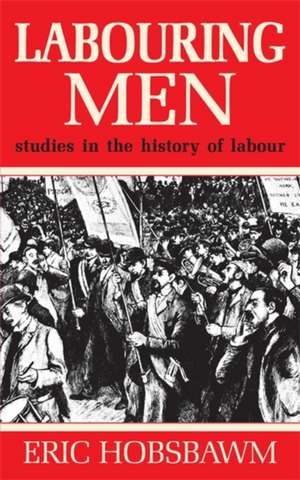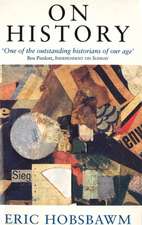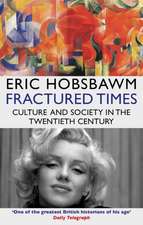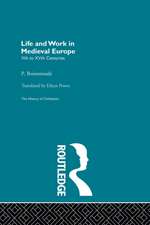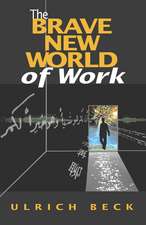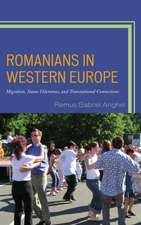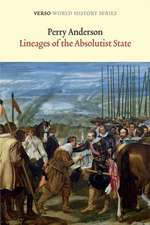Labouring Men
Autor Eric Hobsbawmen Limba Engleză Paperback – 21 mai 2015
This work is notable not only for its clarity and incisiveness, but also for the richness and variety of the material, which ranges from Marx to Methodism and from labour traditions to the machine breakers.
Preț: 74.99 lei
Preț vechi: 96.64 lei
-22% Nou
14.35€ • 14.93$ • 11.85£
Carte disponibilă
Livrare economică 25 martie-08 aprilie
Livrare express 08-14 martie pentru 50.26 lei
Specificații
ISBN-10: 1474601413
Pagini: 416
Dimensiuni: 134 x 216 x 36 mm
Greutate: 0.45 kg
Ediția:UK edition
Editura: Orion Publishing Group
Notă biografică
Born in Alexandria in 1917, Eric Hobsbawm was educated in Vienna, Berlin, London and Cambridge. A Fellow of the British Academy and the American Academy of Arts and Sciences, he taught for most of his career at Birkbeck College, University of London, where he was Emeritus Professor of Economic and Social History. He is best known for his trilogy of studies on the long 19th century (The Age of Revolution: Europe 1789-1848, The Age of Capital: 1848-1875 and The Age of Empire: 1875-1914). He died in London in October 2012 at the age of ninety-five.
Descriere
The topics covered in this book can be divided into four broad groups: studies of labour conditions up to the middle of the nineteenth century; studies in the 'new trade unionism' of 1889 to 1914; studies in the late nineteenth-century revival of Socialism in Britain; and more general topics covering a wider chronological span. The common factor in this wide-ranging work is that, unlike much other work of labour history, it concentrates on the working classes as such, and on the economic and technical conditions which allowed labour movements to be effective or which prevented their effectiveness.
This work is notable not only for its clarity and incisiveness, but also for the richness and variety of the material, which ranges from Marx to Methodism and from labour traditions to the machine breakers.
